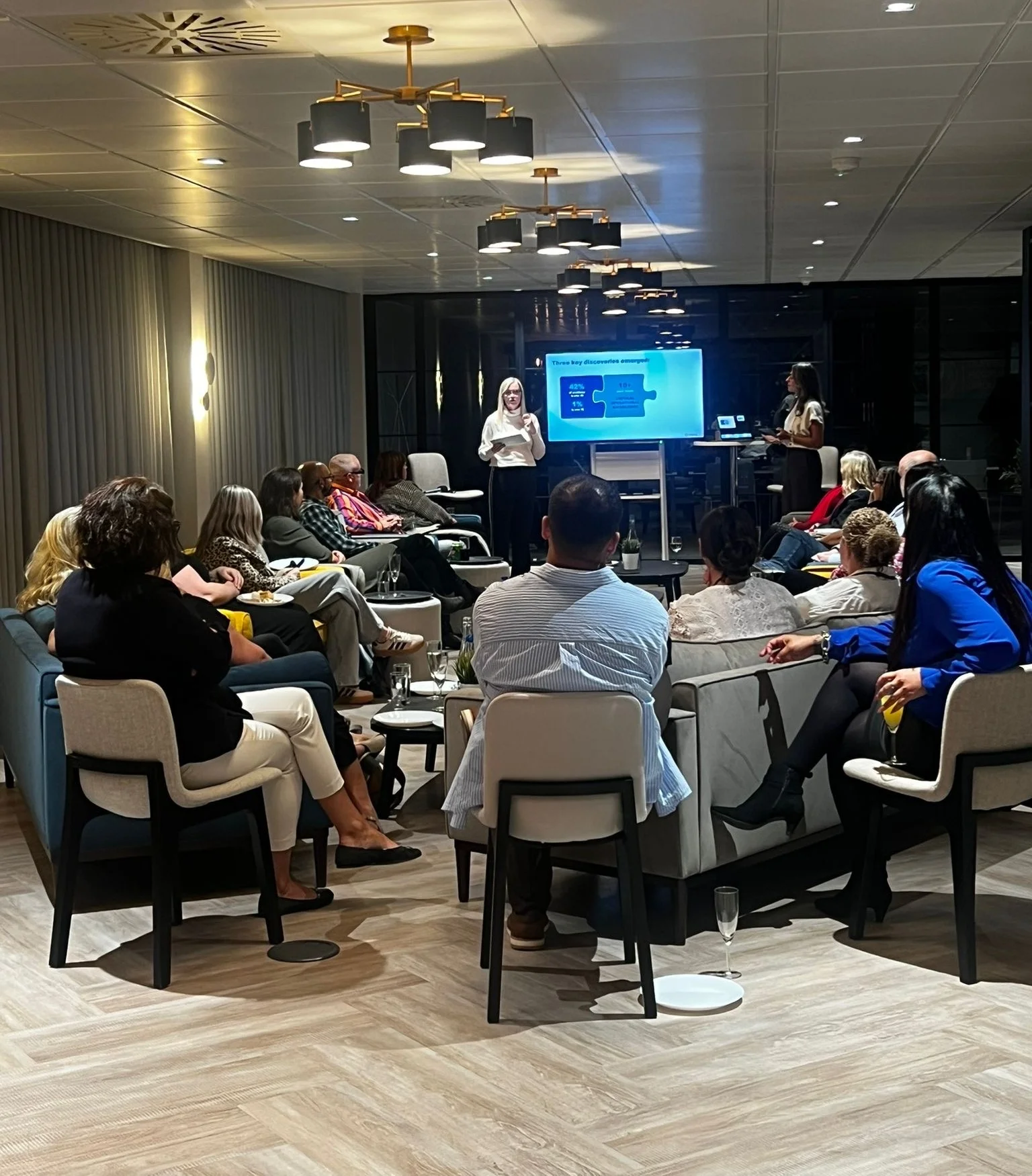
From spending precious time with the kids to travelling the world while you’re young enough to enjoy it, there are plenty of reasons you might choose to take a break at some point in your career. In fact, taking a professional hiatus is becoming increasingly common, with 62% of employees stepping away from working life by choice during their working lives. Of course, not all career gaps are voluntary, and some people may have been compelled to take a break for reasons beyond their control such as furlough or redundancy.
Whatever the reason, having a break on your CV definitely isn’t the disaster you might imagine it to be. Quite the opposite, research has shown that career breaks actually promote wellbeing by reducing stress and burnout, and boosting productivity. Still, discussing your career break as a jobseeker can be a little daunting, so we’ve put together some tips on how to handle the situation.
1) Be honest
Although some reasons for taking a career break may be too personal to explain in detail, you should strive to be as honest about your reasoning as possible. In some instances this is fairly straightforward, such as if you took time off to care for a sick loved one. However, sometimes this can be a little more complicated, such as if you decided to take a break for mental health reasons. Nevertheless, it still pays to be honest and upfront on your CV and in job interviews – any employer worth their salt will understand, and if they don’t, would you really want to work there anyway? On your CV, you could write something as simple as ‘mental health break’. If a prospective employer asks for more detail in an interview, keep it brief and to the point. One in four adults suffer with mental health issues at some point, so your interviewer may understand more than you realise.
2) Explain why you’re ready to return to work
Depending on your reasons for a career break, an employer might wonder if you’re truly ready to re-start your career, and able to juggle the pressures of work and personal commitments. Hopefully your enthusiasm will be conveyed throughout the course of the interview, but it can also be helpful to mention that you’re ready and excited to start work again. You can also explain how your personal circumstances are different now – for instance if your children are at school.
3) Own the narrative
It’s never easy to admit it if the reason for your career break is that you weren’t offered a job as quickly as you’d hoped, but the key to dealing with any difficult subject is to own the narrative. So, if you had an extended break while job seeking, simply explain that you were being extra picky about your next opportunity. If you were forced to take a break for mental health reasons, remind your prospective employer that the decision you made was the best one for you and your family, and that it required strength and courage to take the right action in order to get better. You can also create a compelling narrative for time taken for travelling. For example, reinforce what you learnt from the experience, such as a new language and becoming acquainted with a new culture. For companies with a global remit, this could be a huge advantage.
4) Focus on what you learnt and accomplished
If your career break was prompted by redundancy or furlough, employers will expect you to have spent part of your free time learning or developing new skills. Outline any courses you took, hobbies you mastered, volunteer work, and any personal accomplishments that outline your tenacity and work ethic. If you chose to take time off for personal reasons, briefly describe what you gained from the experience that a new employer can benefit from. For example, many soft skills are enhanced by taking care of children every day, and a trip abroad may have made you more open-minded, and better able to understand your strengths and passions.
5) Pay attention to your language
Explaining to a potential employer that you took six months off to go travelling has the potential to go two ways: either you sound like someone’s who’s tried to broaden their mind and spiritual horizons through travelling, or someone who just fancied a long holiday. While both are fine, the first makes you seem like an interesting and adventurous person, which is what employers are looking for. Similarly, if you took a career break due to redundancy or furlough, be careful not to speak negatively of your previous employers. Instead, if you were let go due to budget or issues caused by the pandemic, explain this whilst reinforcing all the positives you took away from your time there.
6) Use a CV format that makes your gap less obvious
If you’re really concerned about a gap in your work history (which, in our opinion, you shouldn’t be) then you might consider using a functional CV instead. You’ll find plenty of examples online, but basically this format leads with your experience and skills rather than your employment history. This way, you have a chance to catch the attention of recruiters and hiring managers without your employment gap affecting their opinion immediately. However, when you do need to address your employment hiatus, it’s best to use an explanation that’s short and to the point. For example, if you were searching for a job, just write ‘job seeking’ (rather than unemployed) and if you were taking care of children, you could write ‘full time mother/father’.
7) Have some fun with it!
How much humour you’re able to inject into the situation will largely depend on the type of role and sector you’re going into, but we’ve seen people get quite creative with their employment gaps! For example, one full-time dad listed ‘household CEO’ as his job title, with skills including ‘able to lift 50lbs whilst juggling the laundry basket’ and ‘auditing household spending habits’. When appropriate, this tactic has the advantage of helping you to come across as someone’s who’s creative and humorous, as well as highlighting those transferable skills! Ultimately, no matter the reason for your career break, if you discuss the subject matter with honesty and confidence whilst putting a positive spin on it, it’s very unlikely to impact your chances in the job market. In fact, framed correctly it could actually help to demonstrate that you’re a well-rounded person with skills and interests outside of work.
Although career breaks were traditionally viewed with scepticism by employers in the past, Covid has helped to change perspectives on this. Thousands of people were forced to take a professional break that was out of their control, and many seized the opportunity to enjoy time with friends and family or work on their personal development. So remember: frame it as a positive, own the narrative, and success is sure to follow.
Ready to make your grand return to work? We’ve hundreds of positions available in industries such as accountancy, human resources, marketing and digital, IT, and many more. Alternatively, you can search all our positions here, or register with us.



